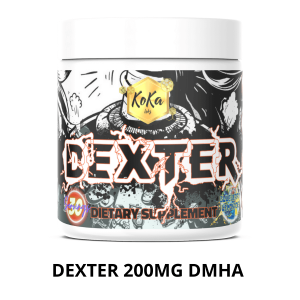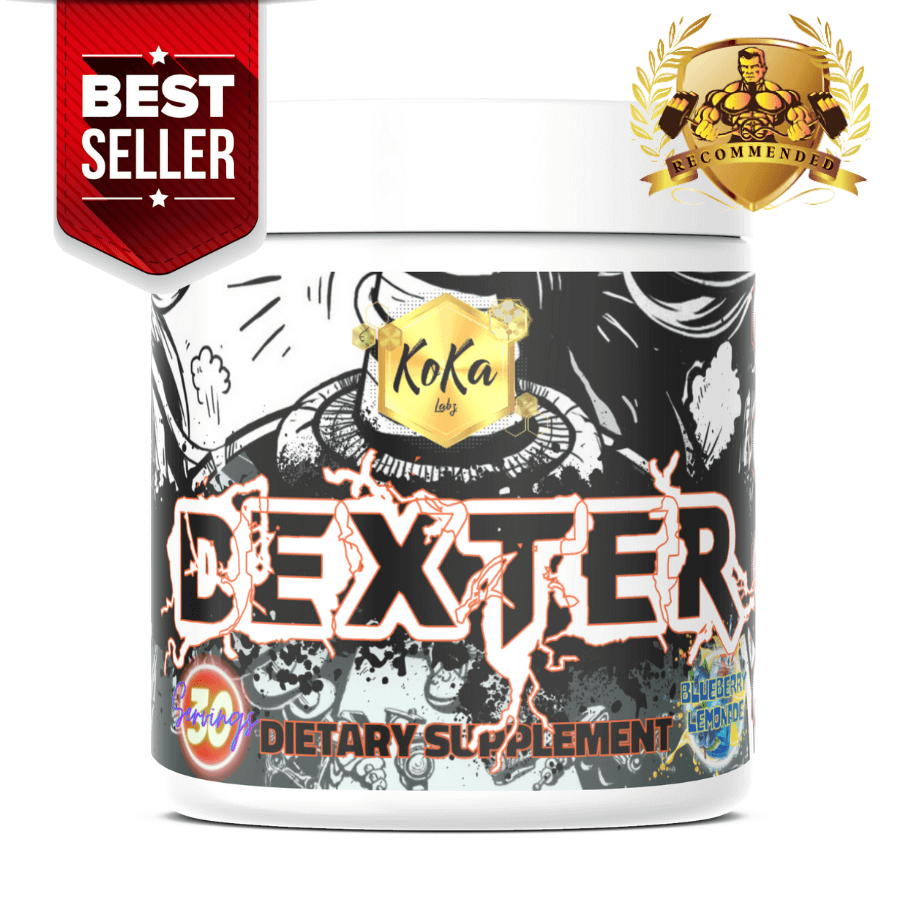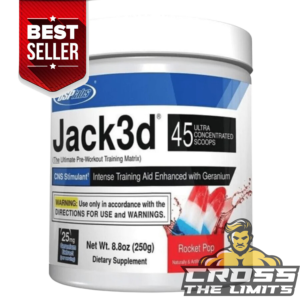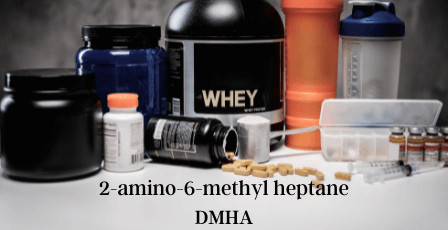
DMHA – action, and benefits for athletes
DMHA – action, and benefits for athletes
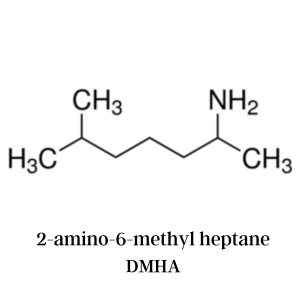 In 2006 completely new preparations began to appear on the diet supplement market. They quickly attracted the attention of athletes and lovers of physical activity. All because of a completely new substance that was included in their composition. DMAA (geranium) is a chemical compound with stimulating solid properties. Admittedly, it was quickly banned, and WADA put it on the prohibited substances in sport. However, its successor, DMHA, came on the market shortly afterward. What are the differences between these substances? Is DMHA a better alternative than geranium?
In 2006 completely new preparations began to appear on the diet supplement market. They quickly attracted the attention of athletes and lovers of physical activity. All because of a completely new substance that was included in their composition. DMAA (geranium) is a chemical compound with stimulating solid properties. Admittedly, it was quickly banned, and WADA put it on the prohibited substances in sport. However, its successor, DMHA, came on the market shortly afterward. What are the differences between these substances? Is DMHA a better alternative than geranium?
DMHA versus DMAA – what is worth knowing?
Numerous controversies concerning the use of DMAA have been caused mainly by the properties of this compound. Well, geranium acts on the human body in a way similar to adrenaline. Thus, taking DMAA results in, among other things: accelerated heart rate, widening of blood vessels, and elimination of fatigue. The problem, however, was the reports of potential side effects from taking geranium. Scientists have warned that long-term use of DMAA can disrupt heart function and increase the risk of a heart attack. This led to many countries restricting or banning the sale of geranium preparations.
However, the gap in the market was quickly filled by preparations containing DMHA. In a relatively short period, this compound has become known as an alternative to DMAA. Was it right? Indeed both substances have pretty similar properties. Taking DMHA also provides a stimulating effect and improves the effectiveness of the cardiovascular system.
However, the most significant difference lies in the intensity of action of the described compounds. In people using DMAA, the effects were already visible at shallow doses. On the other hand, geranium is still considered to be a compound that can cause side effects. DMHA, on the other hand, has a much weaker product, which is why people taking this substance are advised to use higher doses. However, according to researchers, the lower intensity of DMHA’s effects goes hand in hand with a lower likelihood of side effects. For this reason, DMHA has often been considered a safer substitute for DMAA.
What benefits can DMHA provide to athletes?
Adrenaline is a unique hormone without which our ancestors would have been far less likely to survive. Why? Because an increased synthesis of this hormone occurs when our brain senses danger. The adrenaline secreted then triggers a series of reactions that prepare our body to fight or flee (fight-or-flight response). The acceleration of the heart rate and the dilation of blood vessels are the best examples of how adrenaline works.
Of course, in the 21st century, people no longer have to face saber-tooth tigers or fight for food. However, this does not mean that adrenaline is no longer necessary for our bodies. Athletes know this very well because the very intensive physical effort is a factor that increases the synthesis of adrenaline. In this way, our organism tries to cope with the increasing strain.
Taking DMHA provides almost identical benefits. Therefore, supplementation with this compound combined with increased synthesis of adrenaline significantly increases the body’s exercise capacity. What does this mean in practice? First of all, our body becomes less sensitive to pain. This means we can exercise at a higher intensity for longer. In addition, the widening of blood vessels causes more oxygen to reach the muscles. This also increases their ability to work intensively. When it comes to mental performance, DMHA has stimulating properties. This supplement may therefore reduce the feeling of fatigue and at the same time increase our motivation. This is particularly important during prolonged training.
All of these effects are very beneficial from the point of view of people practicing sports. Unfortunately, professional federations treat DMHA and DMAA in a very similar way. Both of these compounds are currently on the list of prohibited substances. Thus, professional athletes should not use DMHA, as this practice may constitute an infringement. However, such restrictions do not apply to amateur athletes. Therefore, all preparations with DMHA are mainly targeted at this group.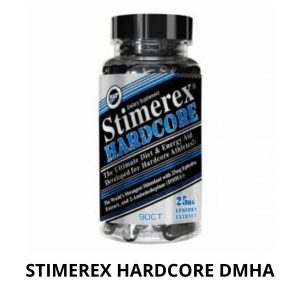
DMHA – dosage and recommendations
There is a critical point to remember when supplementing with DMHA. It is an agent intended for short-term use only. As for now, no studies are confirming the safety of such supplementation in a more extended period. Therefore, it is necessary to take a break after a few weeks of DMHA use so that the body does not get used to the doses taken. Moreover, the use of DMHA is not recommended in persons under 18 years of age.
In preparations containing DMHA, one may find various doses of this substance. However, it is worth remembering that the recommended dosage for beginners is 1 milligram per 1 kilogram of body weight. Therefore, a person weighing 100 kilograms should take a maximum of 100 milligrams of DMHA daily. Only as the body’s tolerance increases can higher doses be considered. Of course, if any side effects occur, preparations containing DMHA should be stopped immediately.
Summary
DMHA is a supplement that is an informal “successor” of the popular DMAA. These compounds have very similar effects, although DMHA causes fewer side effects. It is therefore considered to be a safer substance. The mechanism of action of DMHA is identical to the increased synthesis of adrenaline. Thus, supplements containing this compound may: reduce fatigue, increase endurance and reduce pain sensitivity. Such benefits will be significant for people who regularly engage in physical exercise. DMHA will allow them to perform more prolonged and more intensive activities. Unfortunately, professional athletes cannot use DMHA, as it is a compound banned in professional sport.
